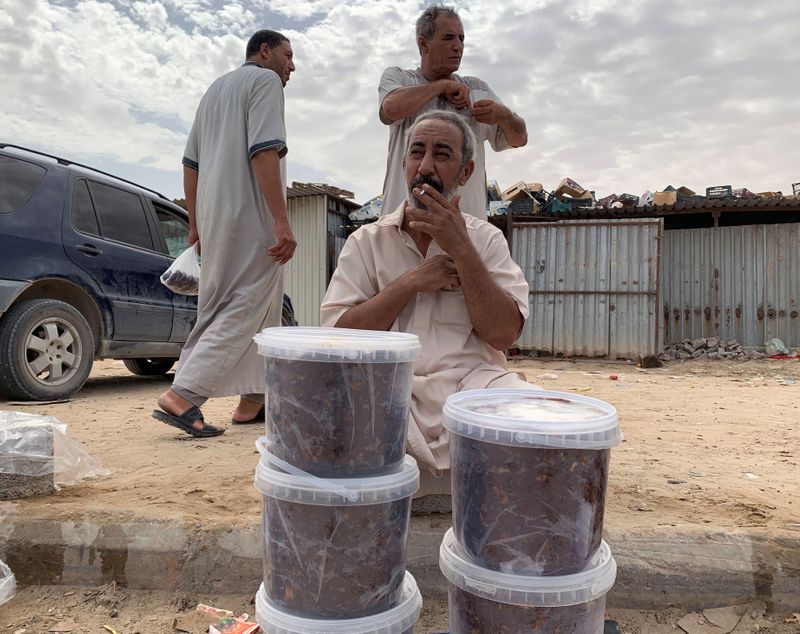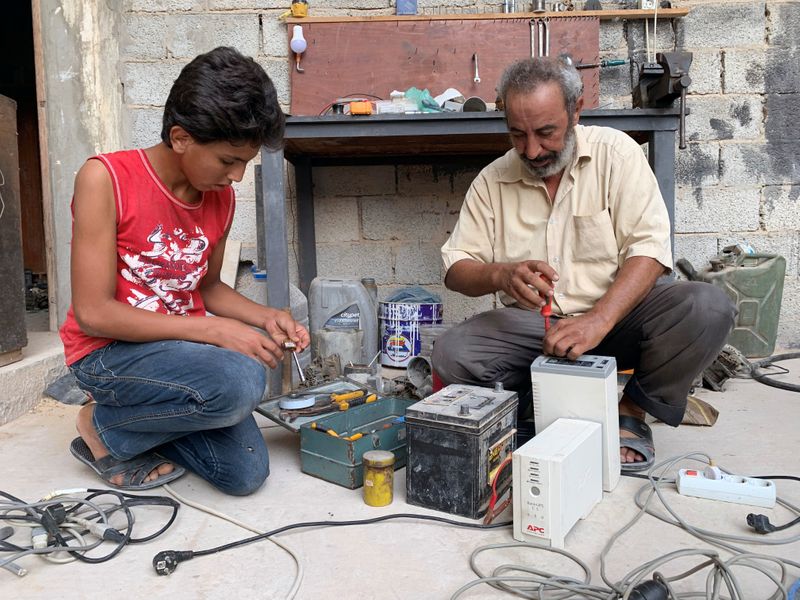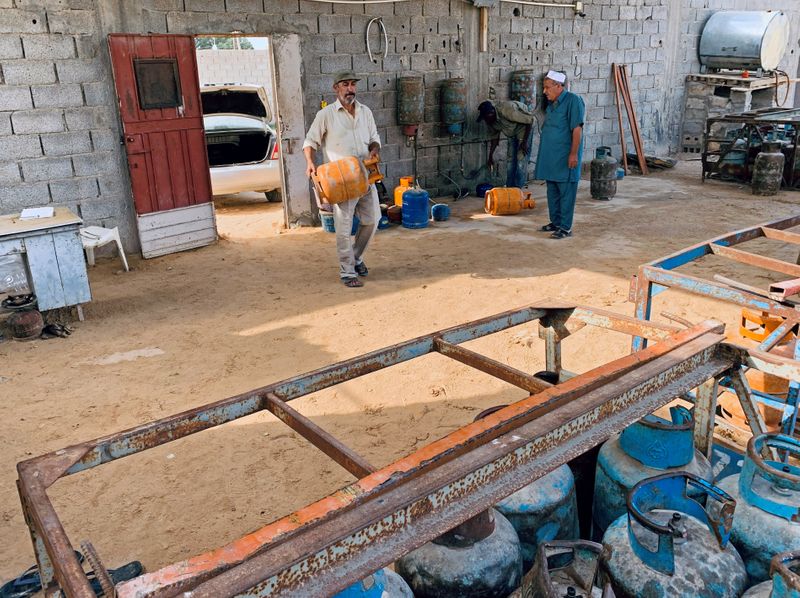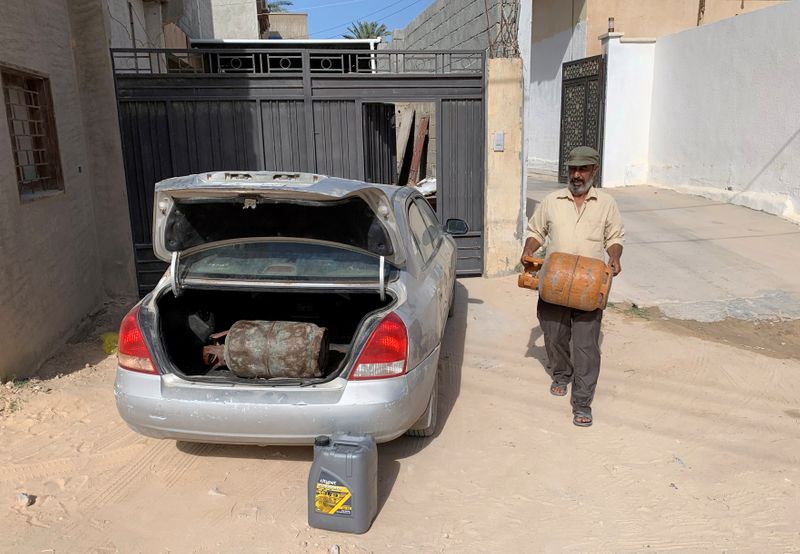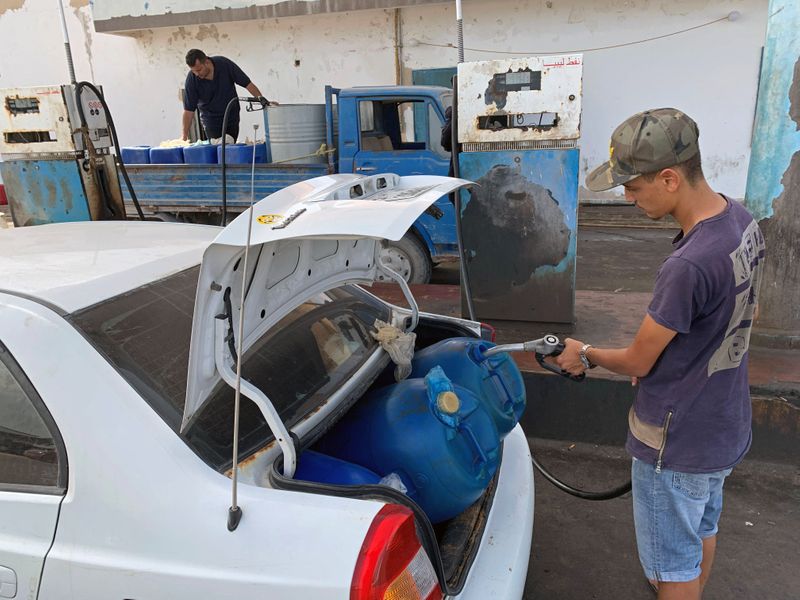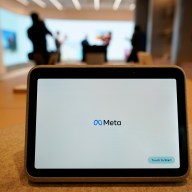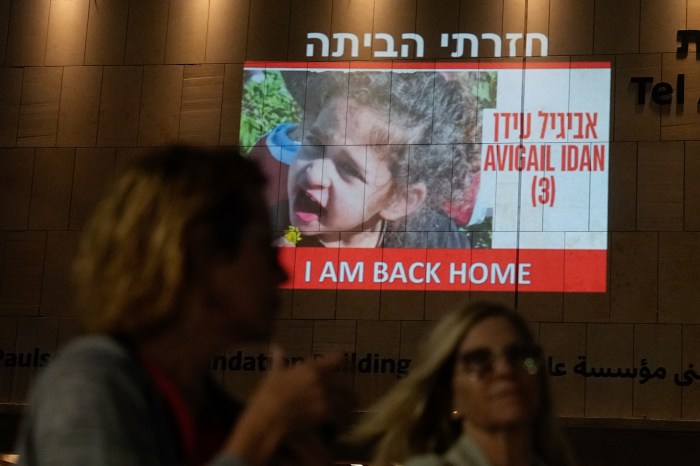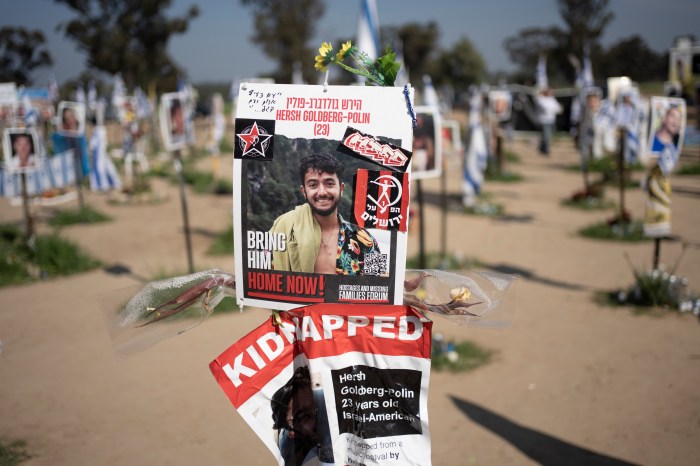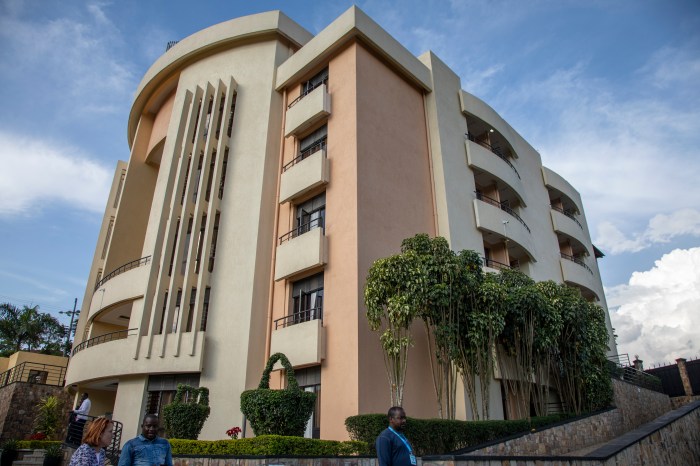MISRATA, Libya (Reuters) – When he is not teaching Arabic at Misrata University, professor Omar Mesbah al-Maghreby manages a car repair workshop in the garage of his home in northern Libya and spends his afternoons selling dates at a food market.
After nine years of civil war, ordinary Libyans are learning to cope with fuel and electricity shortages and a funding crunch that means salaries are delayed by weeks or more. The country is rich in oil, but exports have been blocked for months by the fighting.
“My daily life is basically a series of hardships,” Maghreby, 48, told Reuters. “You’re forced to seek out daily basic supplies such as bread, water, gas fuel and have to deal with power cuts as well.”
Maghreby, with a greying beard and wearing a cream shirt, was at work in the garage with one of his sons, surrounded by electrical cables and tools.
Libya is split between warring rivals in the west, where Misrata is located, and the east and south.
The internationally recognised Government of National Accord (GNA) in the west is backed by Turkey. The Libyan National Army (LNA) under commander Khalifa Haftar in the east has support from the United Arab Emirates, Egypt and Russia.
The two sides have been deadlocked since June when the GNA repelled a 14-month LNA assault on the capital Tripoli. The LNA has retained its hold on most of Libya’s oil facilities and had blockaded exports since January.
However, last month Haftar announced an end to the blockade and some exports have resumed, allowing revenue to start flowing to state institutions again.
Maghreby has to provide for four children – two girls and two boys aged between 12 and 18.
A banking crisis and lack of liquidity mean he only receives his monthly salary of 900 Libyan dinars ($655) every couple of months.
“There’s a lack of public transport and you have to secure your own, so you’re constantly working all day, from morning to night and 24 hours never seem to be enough to cover your basics, not even luxuries,” he said.
(Reporting by Ayman al-Sahely in Misrata, editing by Angus McDowall and Mike Collett-White)

